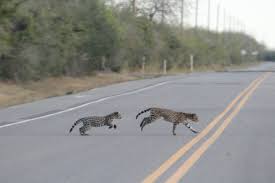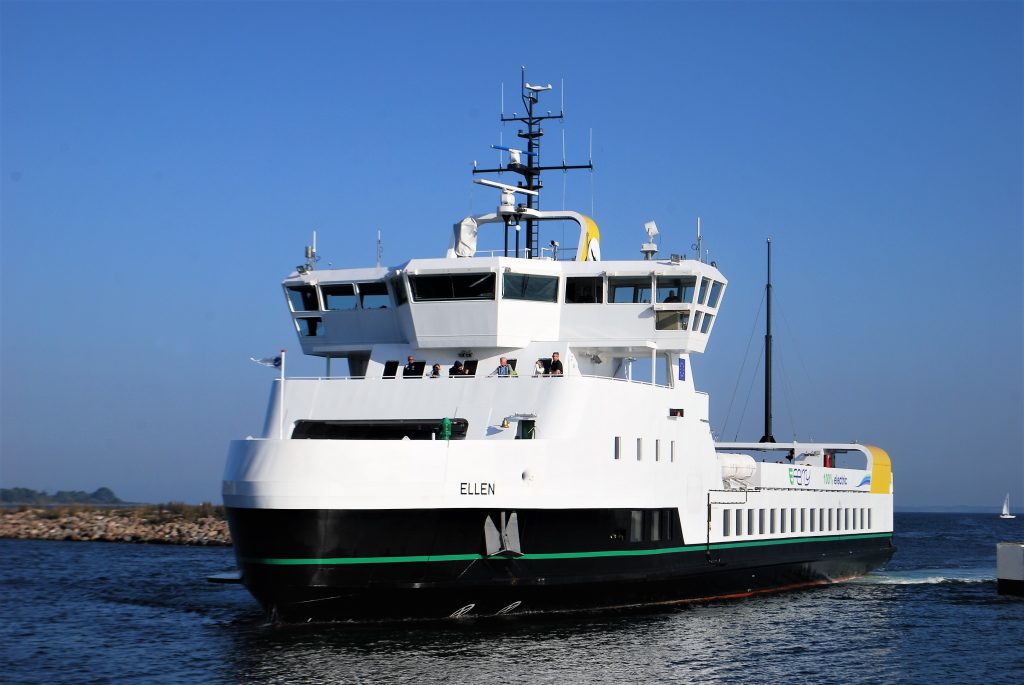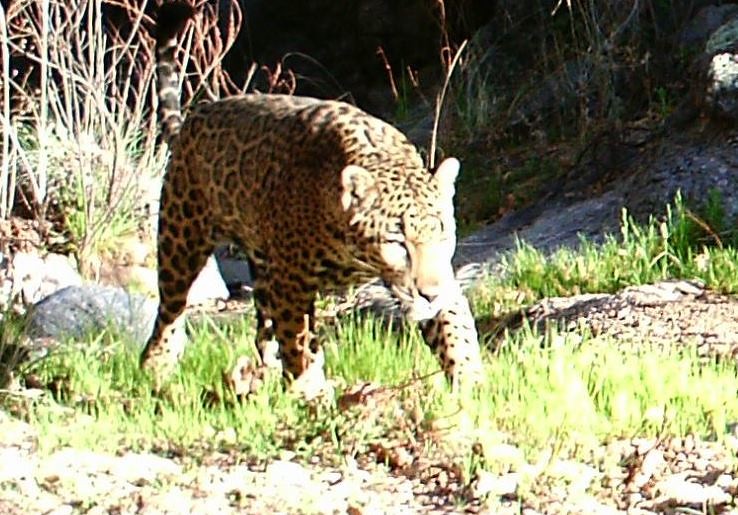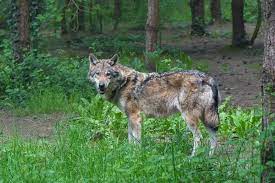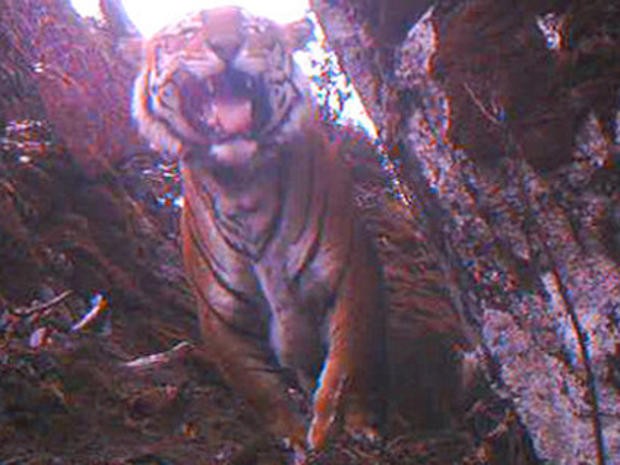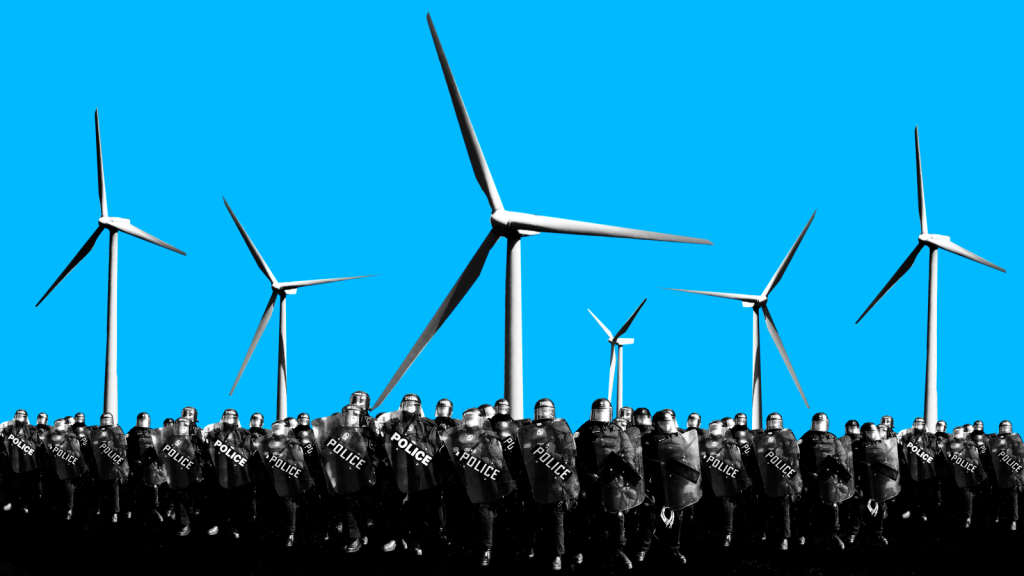The UK likes to be seen as a country pulling its weight when it comes to the climate change battle. Unfortunately, they give the game away though when they subsidize fossil fuels by 20 billion more than they do renewables.
What is worse, is that 1/5 of the money for fossil fuels went to directly support new extraction and mining.
In the last 8 years, 60 billion has been spent supporting renewable energy generation, however 80 billion has gone on fossil fuels. Indeed 2020 was the first year when renewables got more money than fossil fuels, but each year since fossil fuels are back ahead.
The government claimed that this analysis was misleading as we would still need some fossil fuels as part of our move towards our net zero target – while this might explain why we need some fossil fuel investment, it does not explain why this little need is greater than the money we need to put into renewables – which must eventually supply all our energy needs.

